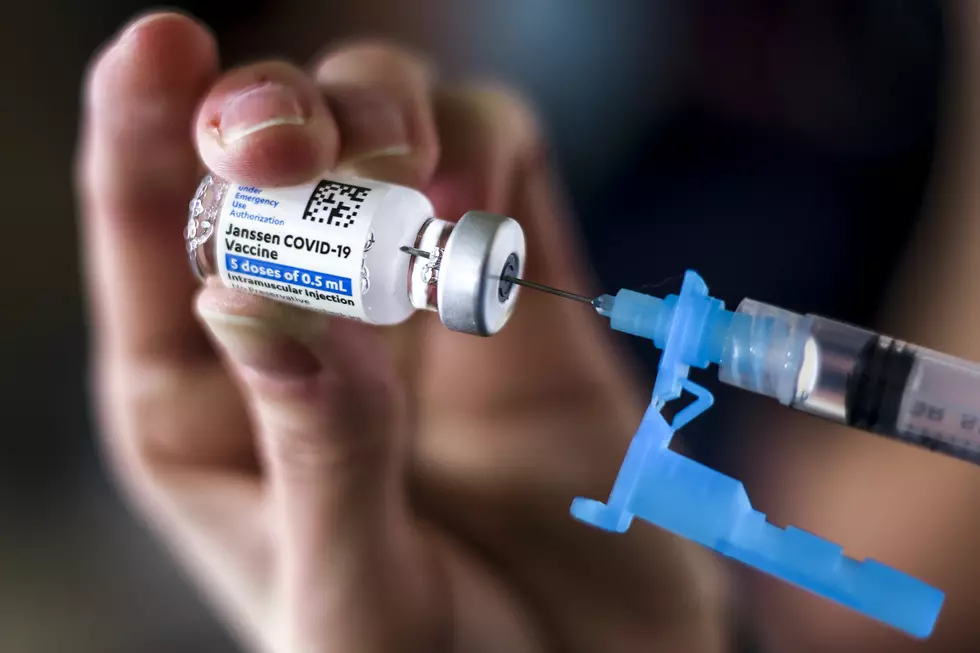
NJ Experts Respond: Can We Achieve Herd Immunity Against COVID-19?
COVID-19 positive cases and related hospitalizations continue to drop in New Jersey and vaccinations are hitting more arms on a daily basis. But reaching the ultimate level of protection from the virus, known as herd immunity, isn't an automatic. If it does happen, it likely won't be anytime soon.
More than a year since the onset of the coronavirus pandemic, there are still plenty of unanswered questions about the virus that causes COVID-19, including the potential impact of present and future variants of the disease.
Dr. Meg Fisher, special advisor to New Jersey's health commissioner, said herd immunity "absolutely is an option," but the term thrown around more often these days is "community protection." Either way, the goal is making spread of the disease highly unlikely, through use of immunization along with natural protection among those who've already battled the disease.
"We want to get as many people as possible vaccinated so that we can protect the entire community," Fisher told New Jersey 101.5. "Of course the problem here is, for COVID-19, we don't know whether that number is 70%, whether it's 80%, whether it's 85%."
According to the Department of Health, more than 4.2 million New Jersey residents are fully vaccinated against COVID-19. Close to 8.7 million doses have been administered in the Garden State.
Ultimate protection, Fisher noted, also calls for non-vaccinated individuals to continue practicing precautions such as mask-wearing and keeping a safe distance from others.
Also key to protecting the community, she said, is getting children vaccinated. Tests are underway to determine the efficacy of vaccines in younger children.
In the state's Tuesday update, just 170 new infections were reported. The last time fewer positives were announced was July 19. The state reported its fewest number of COVID hospitalizations since October.
"This virus will not go away if a significant portion of the population in our country and other countries is not vaccinated," said Perry Halkitis, dean of the Rutgers School of Public Health.
Halkitis believes that at some point, the country's efforts will make it hard for the virus to continue to replicate itself ... but that would happen later rather than sooner.
"Most people would estimate, including myself, that vaccinating somewhere in the vicinity of 70 to 90% of the American public would get us to a place where it would be difficult for the virus to spread as wildly as it has in the past," Halkitis said. "That doesn't mean there won't be outbreaks."
It's a "hypothetical non-reality" to assume that one day every single person will be protected from COVID-19 through either immunization or antibodies, he said.
NJ's most and least COVID vaccinated towns, by county
More From WPG Talk Radio 95.5 FM










